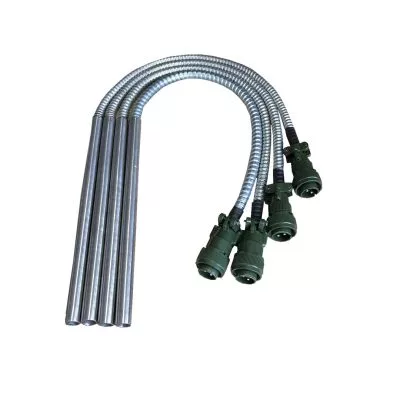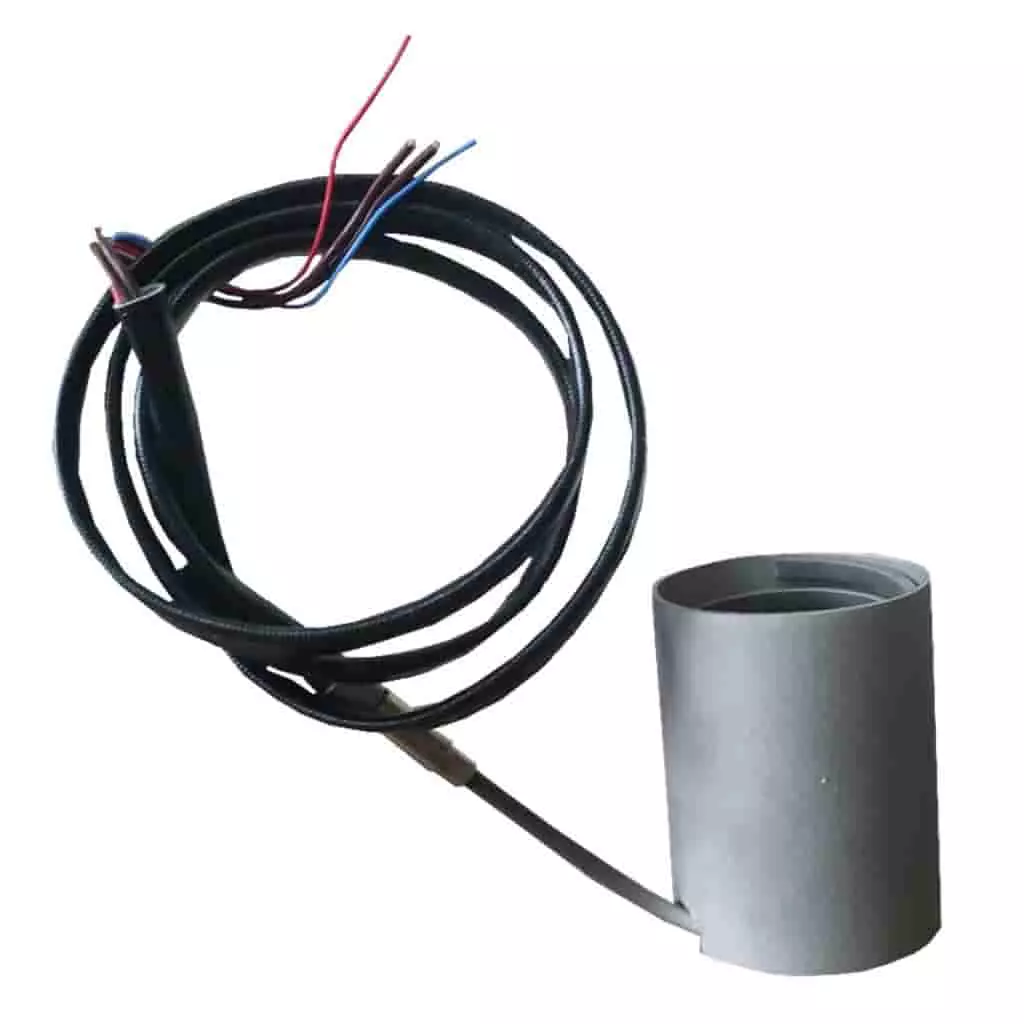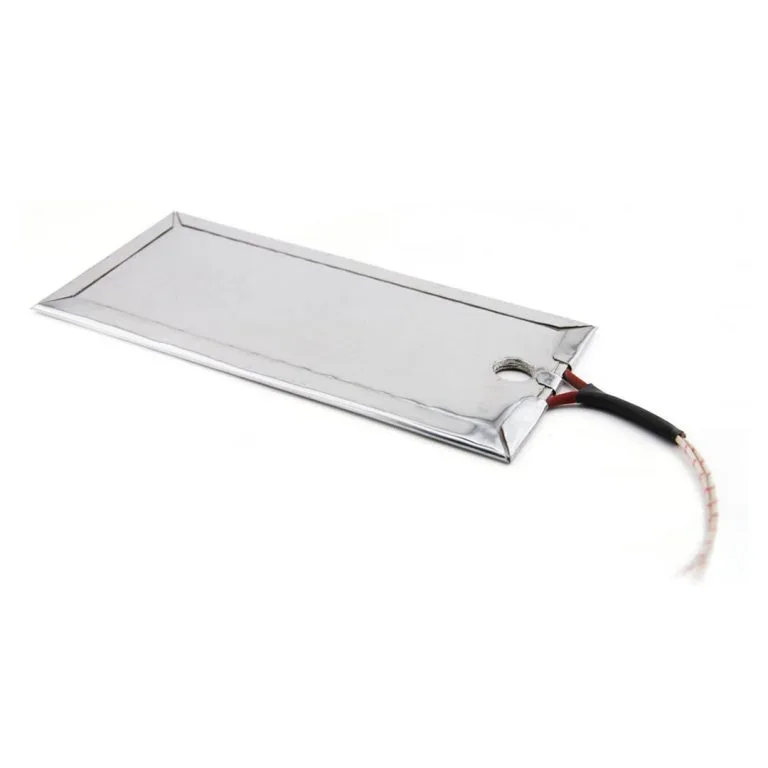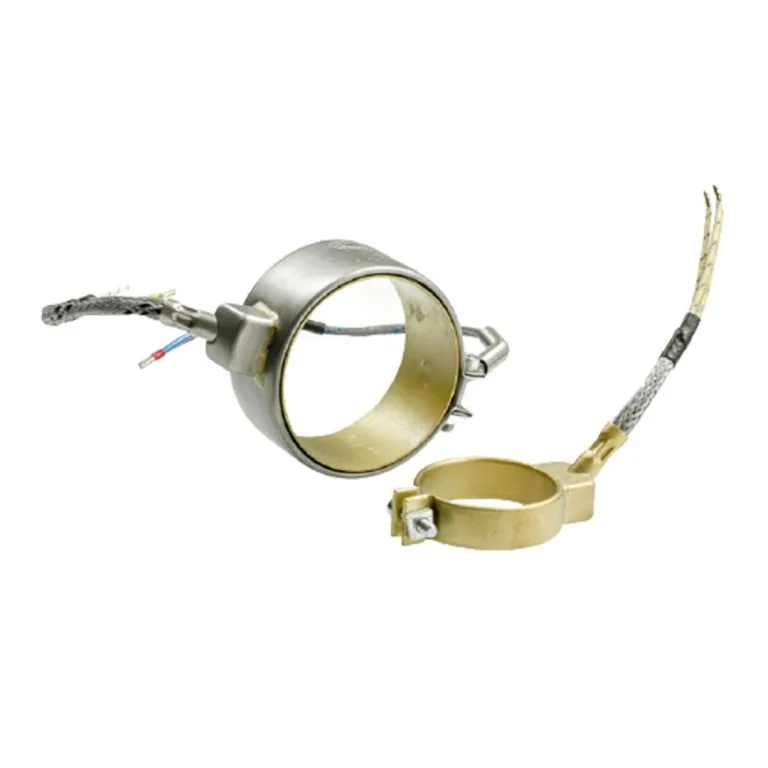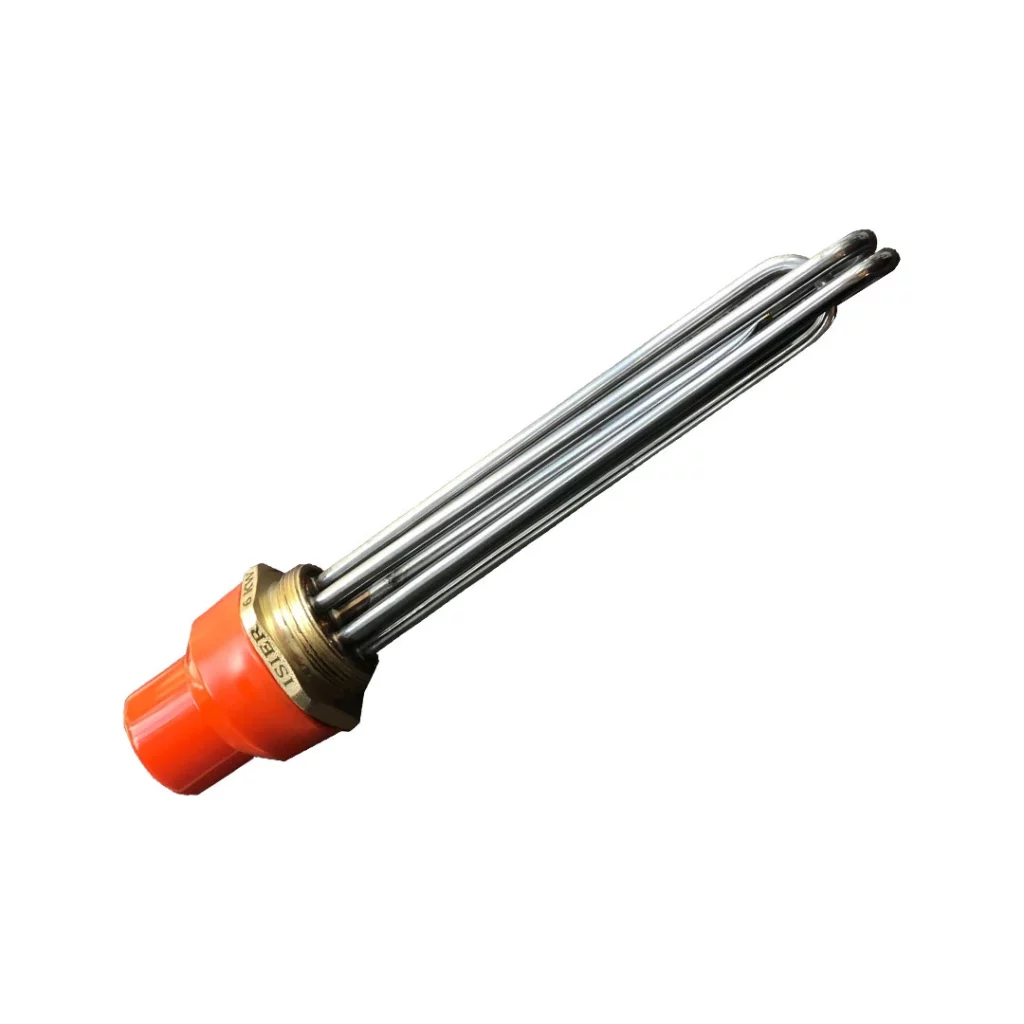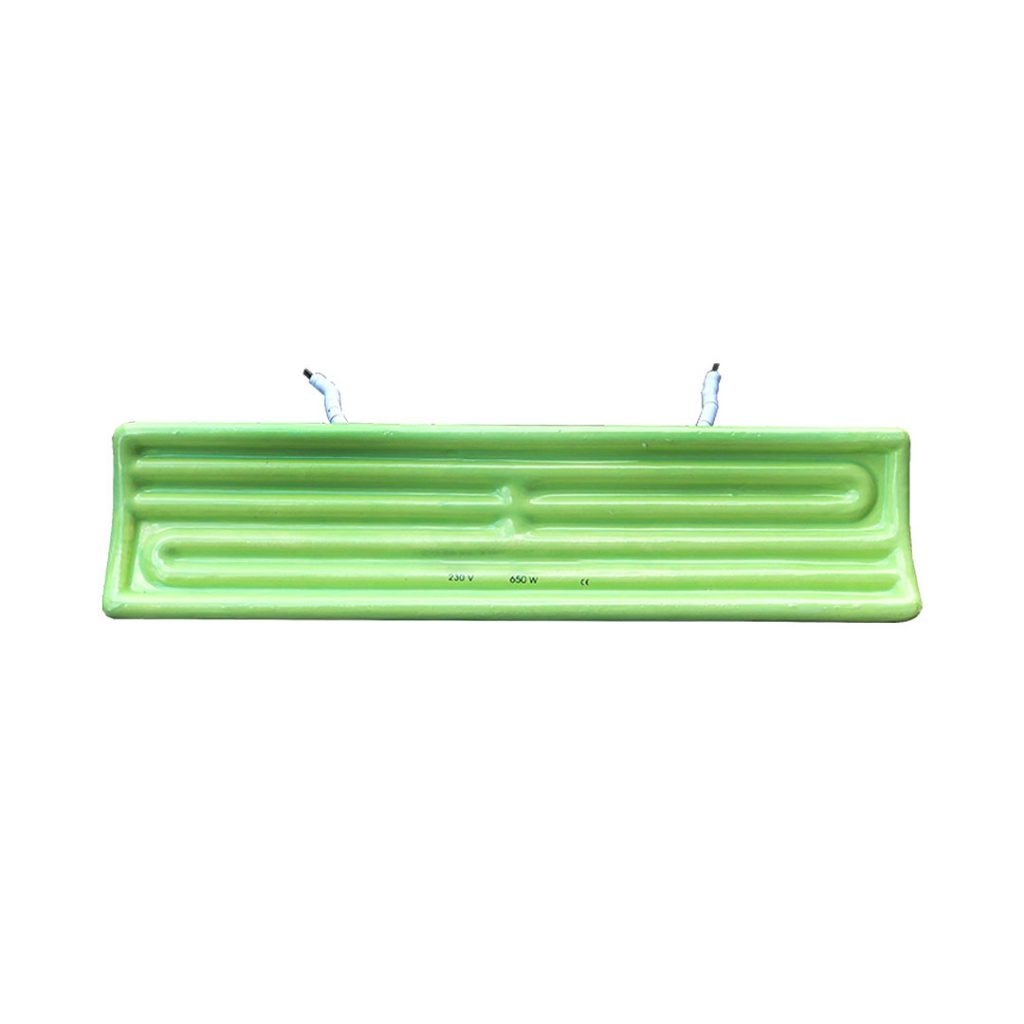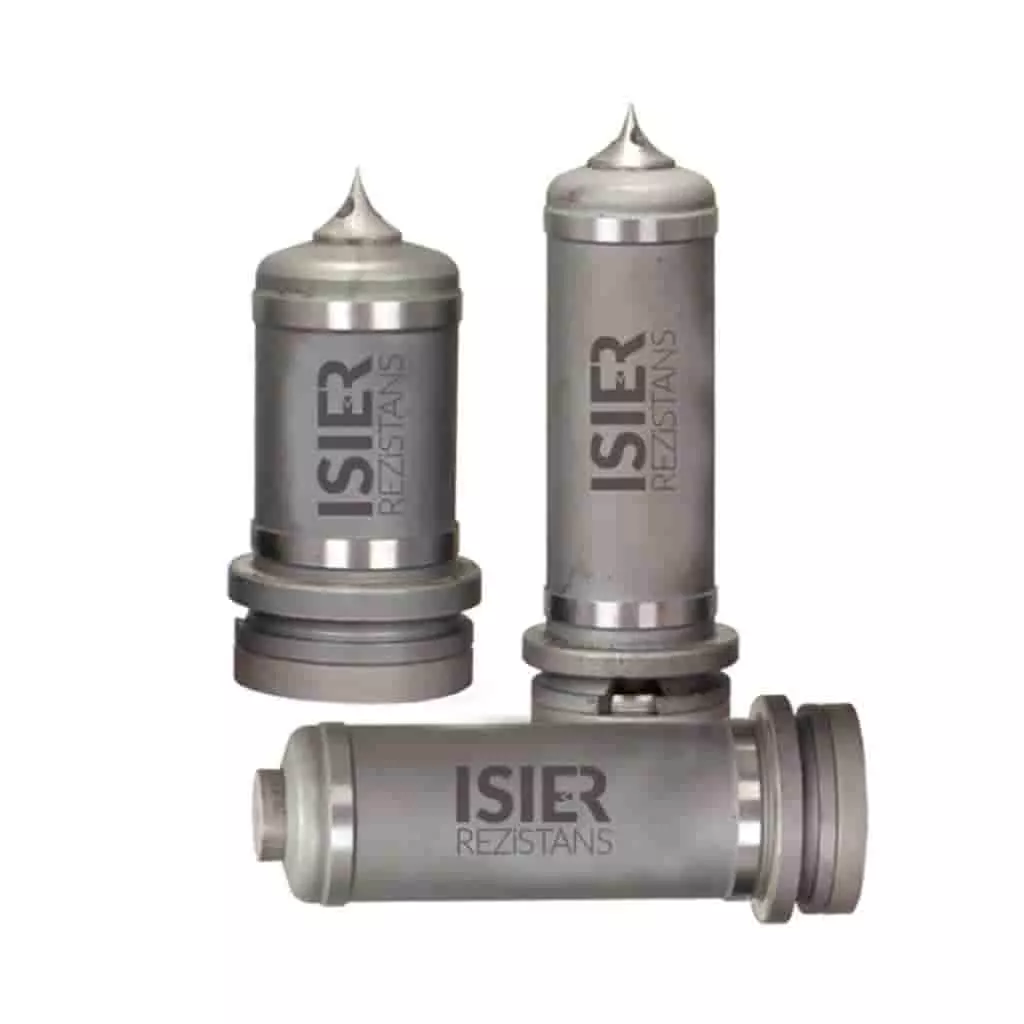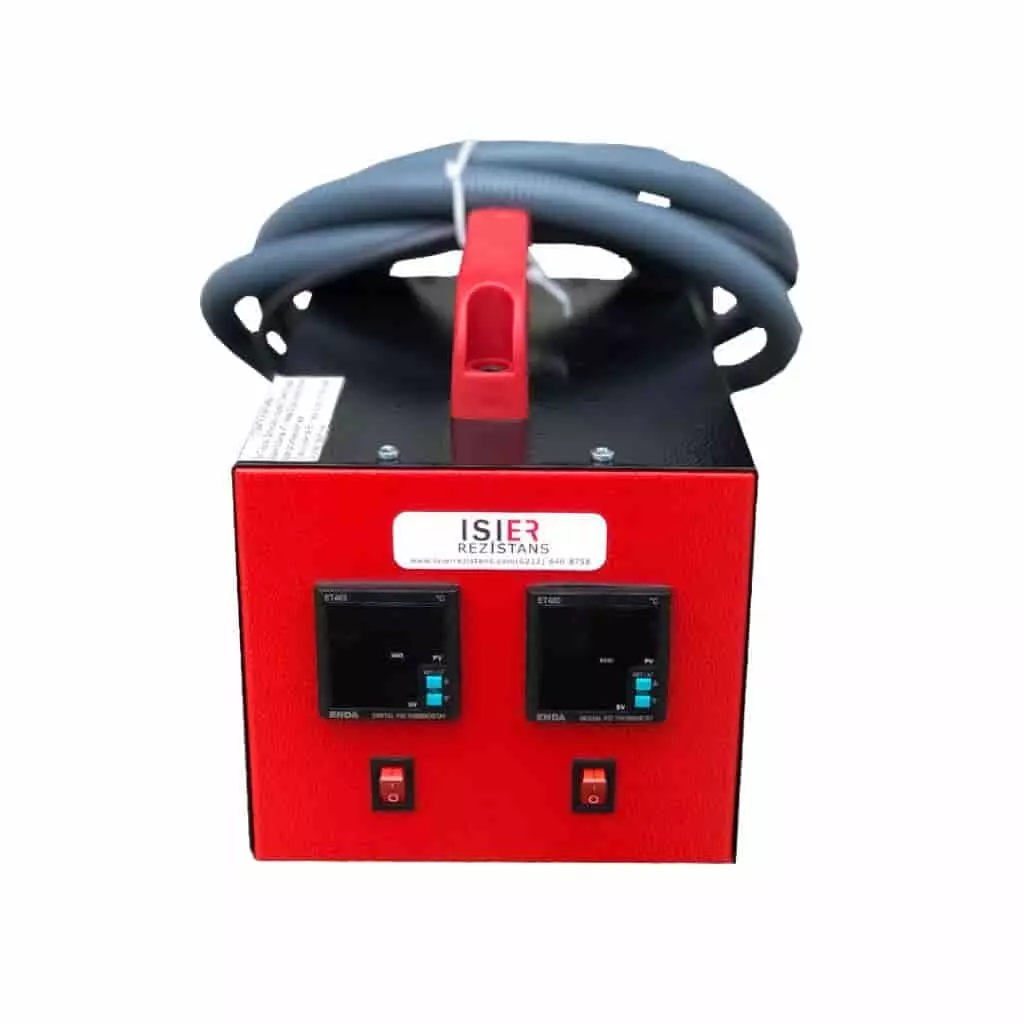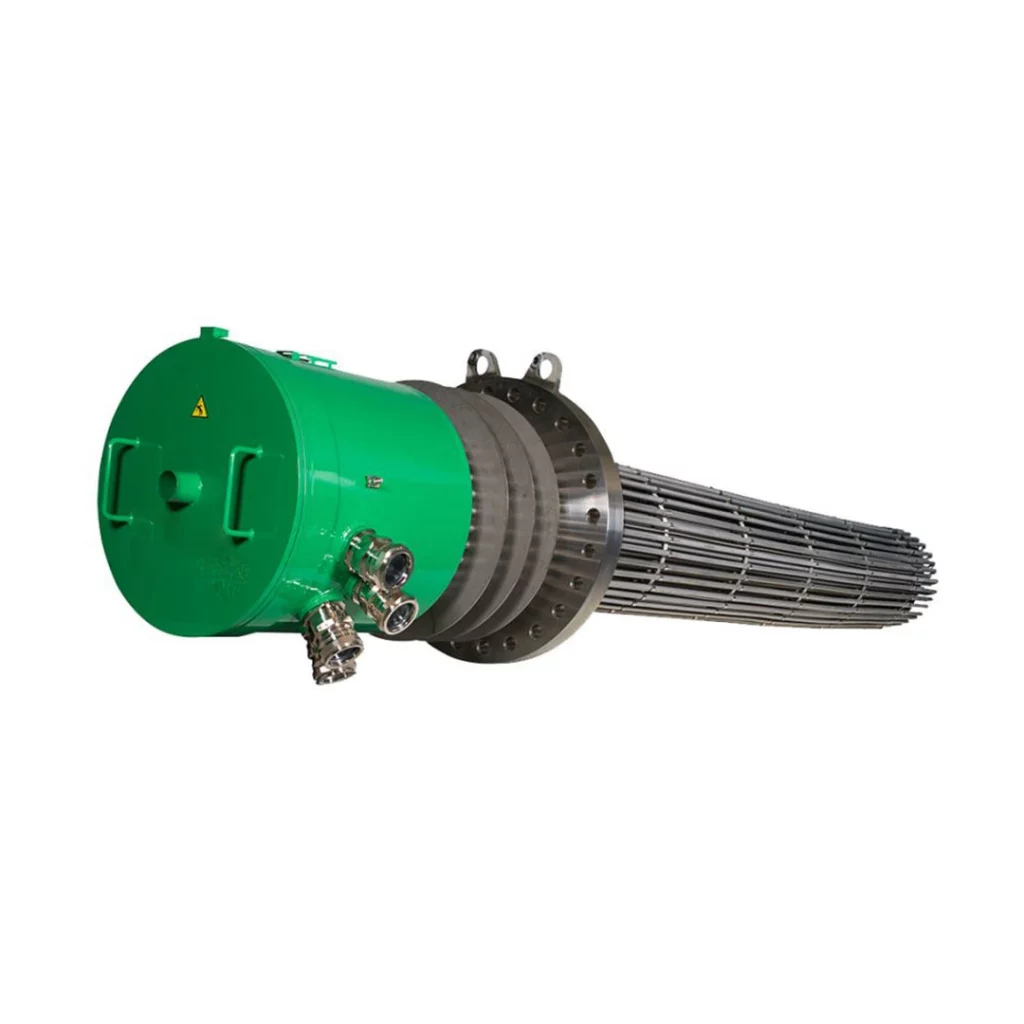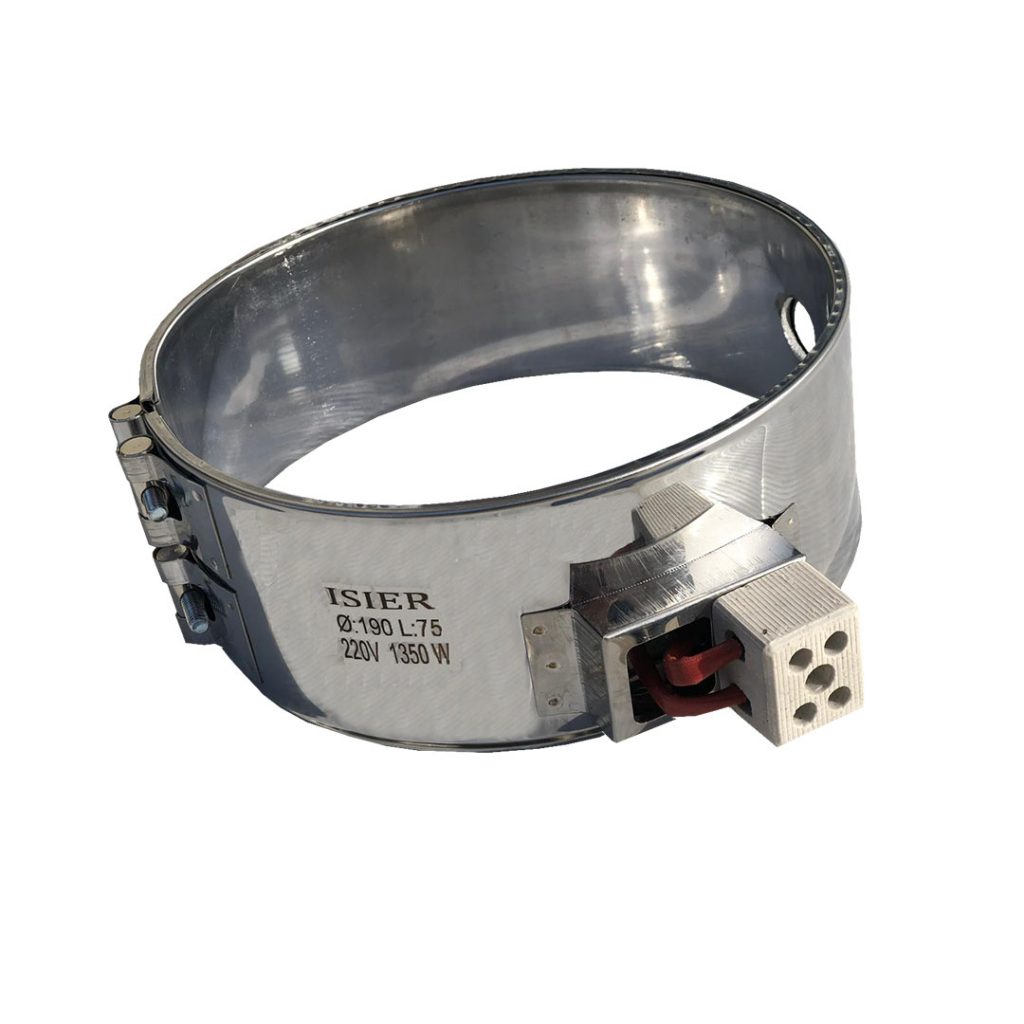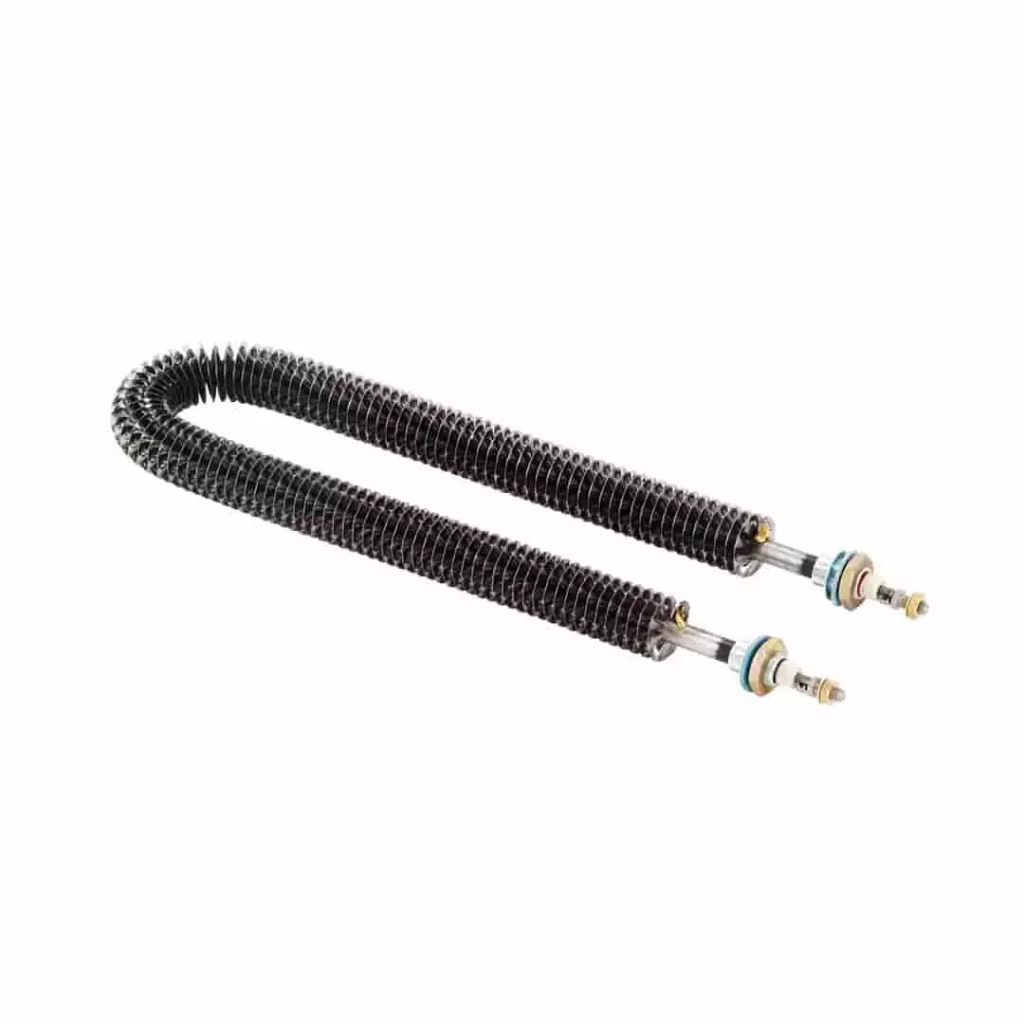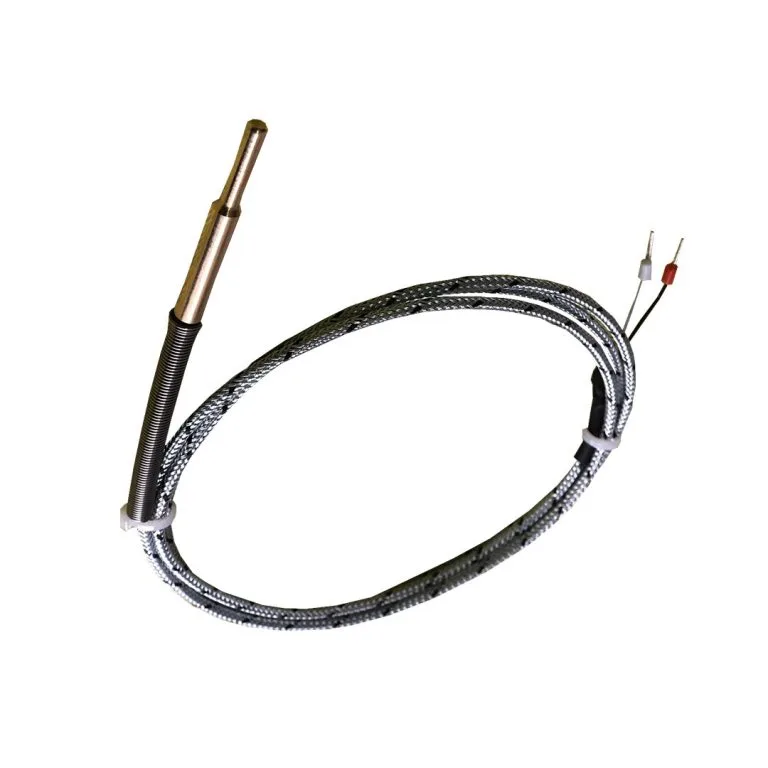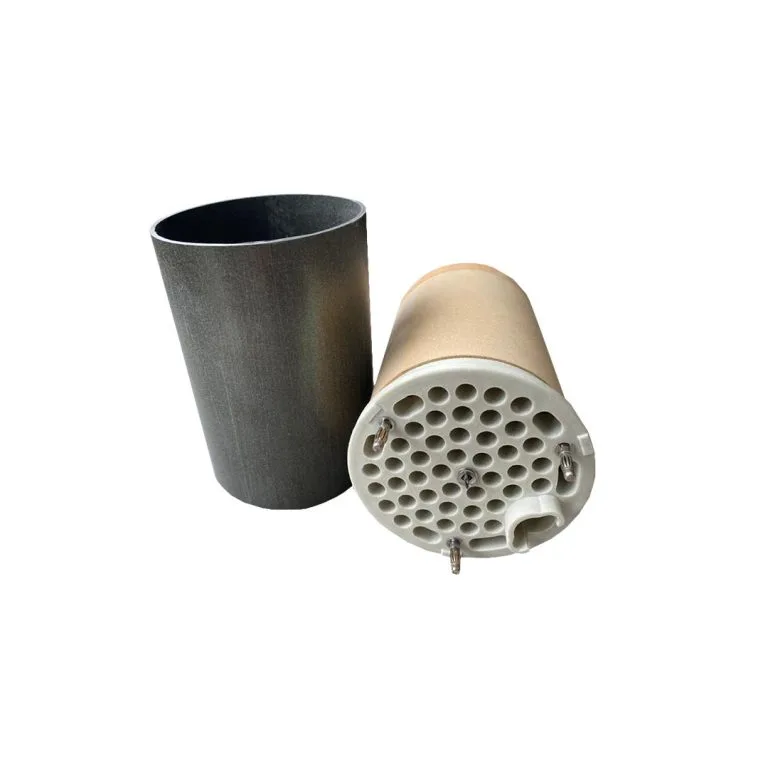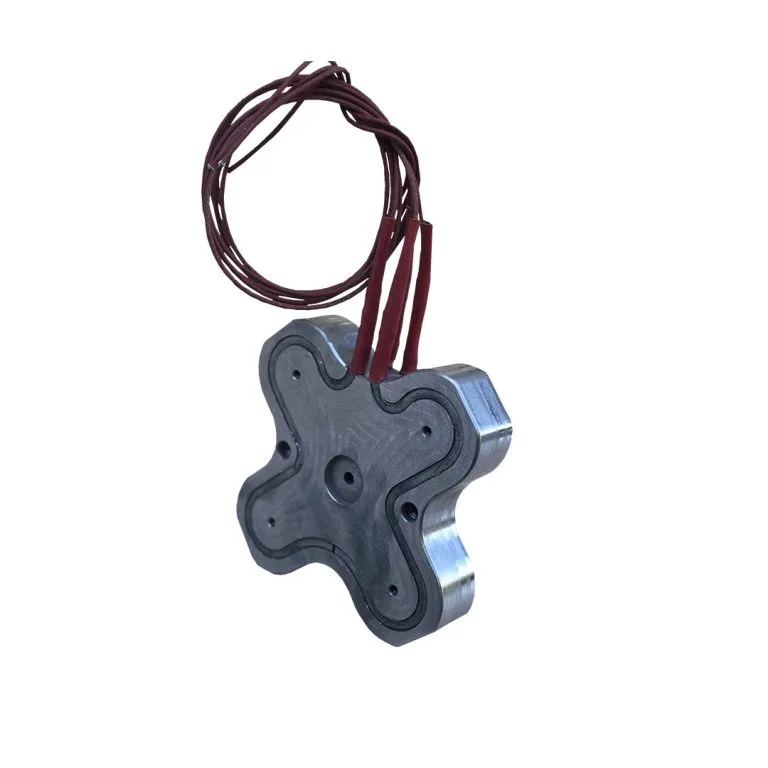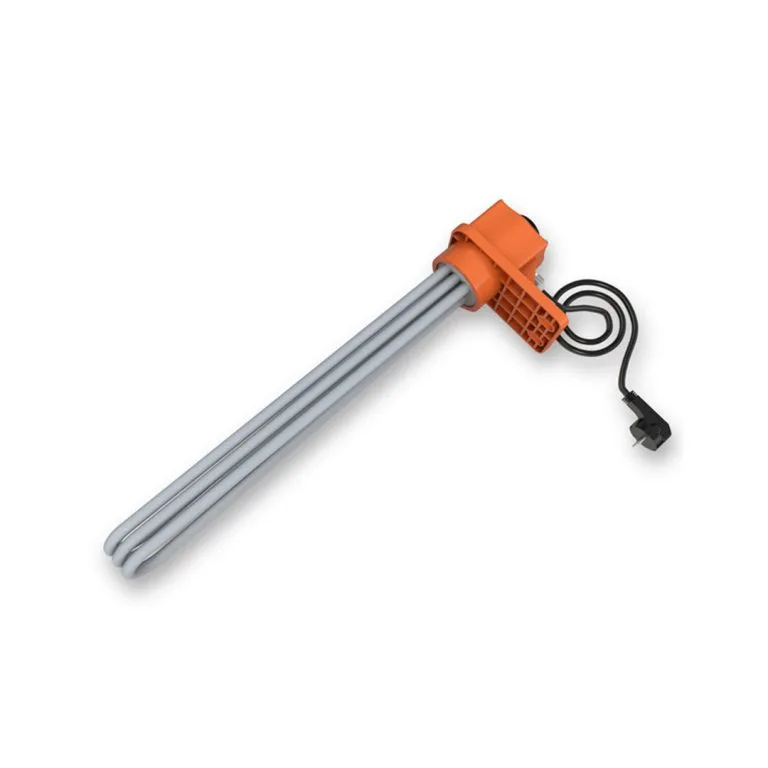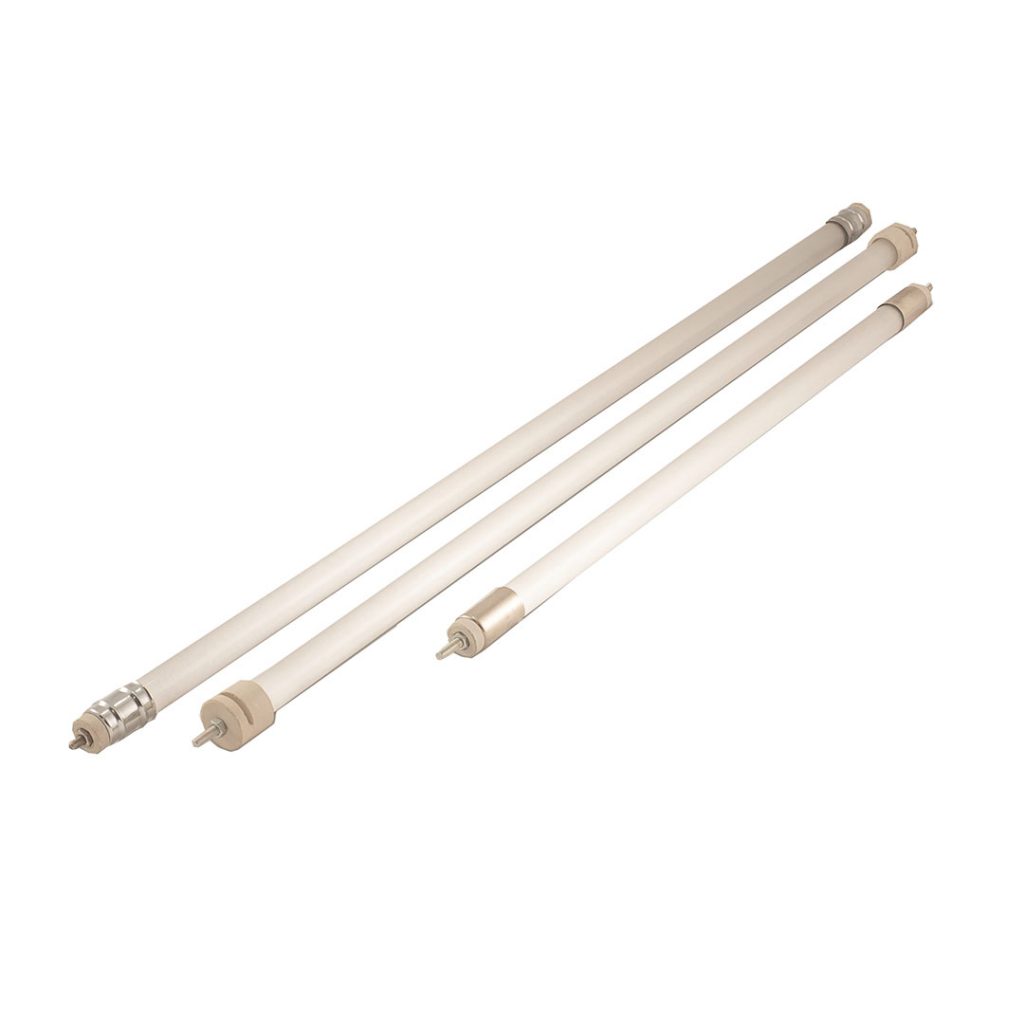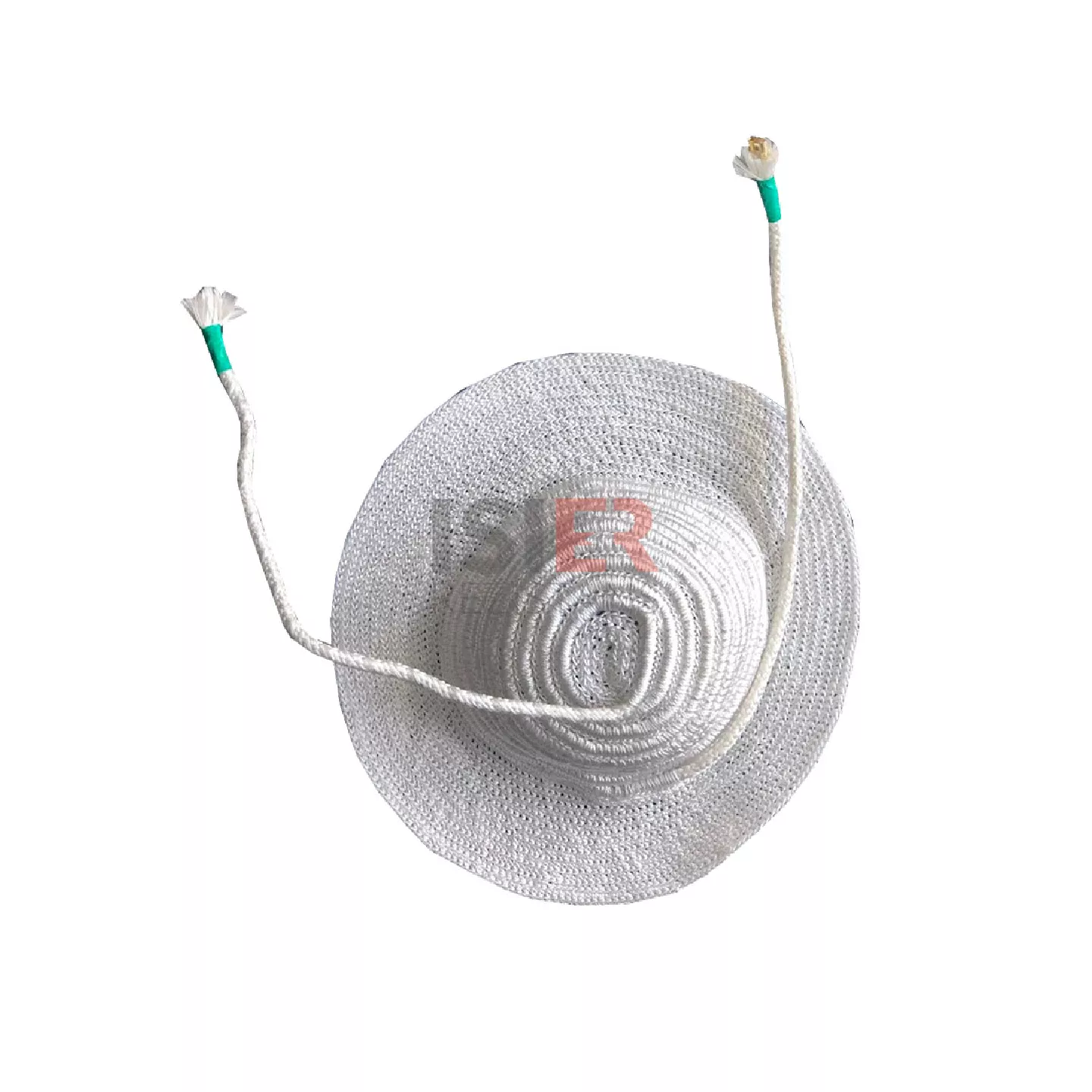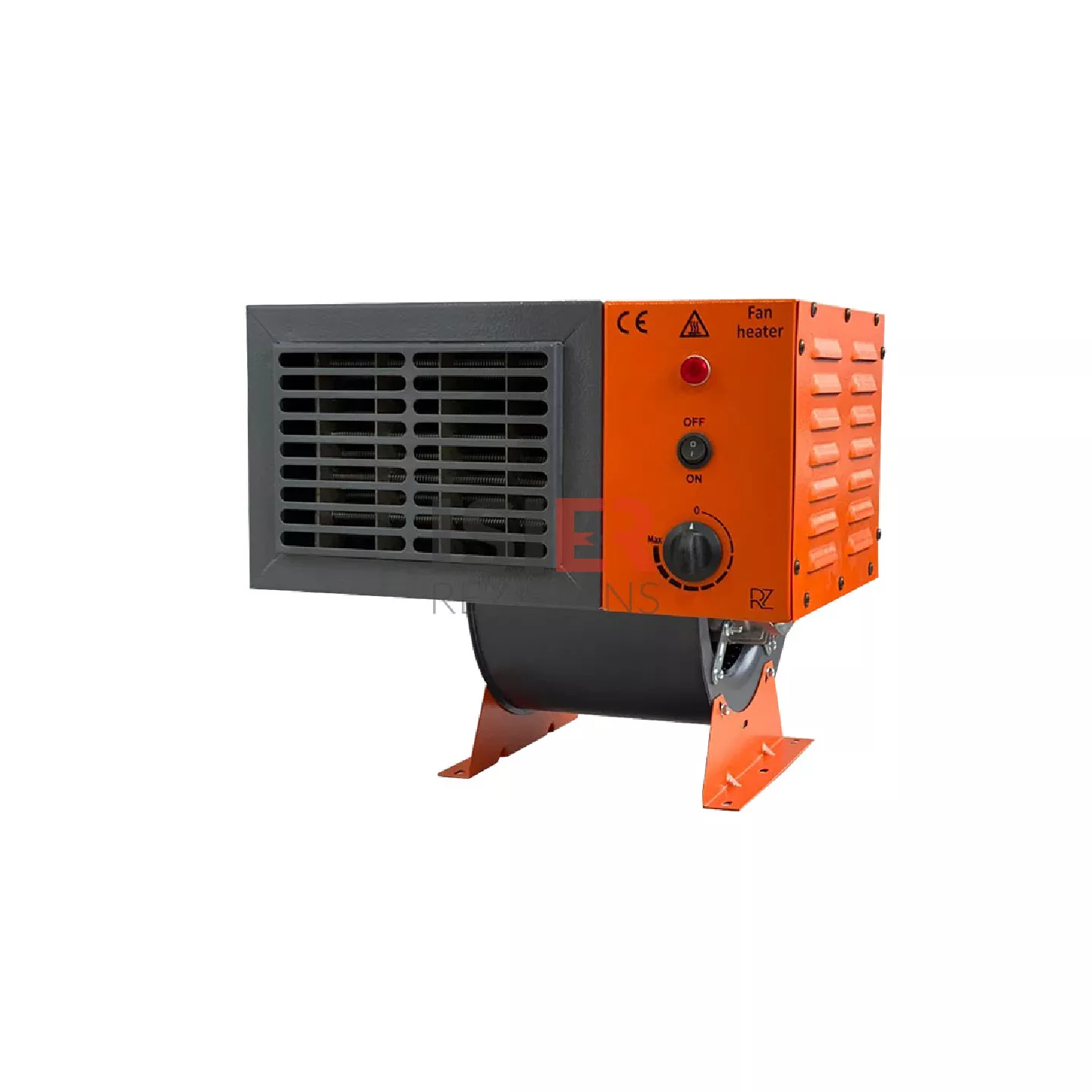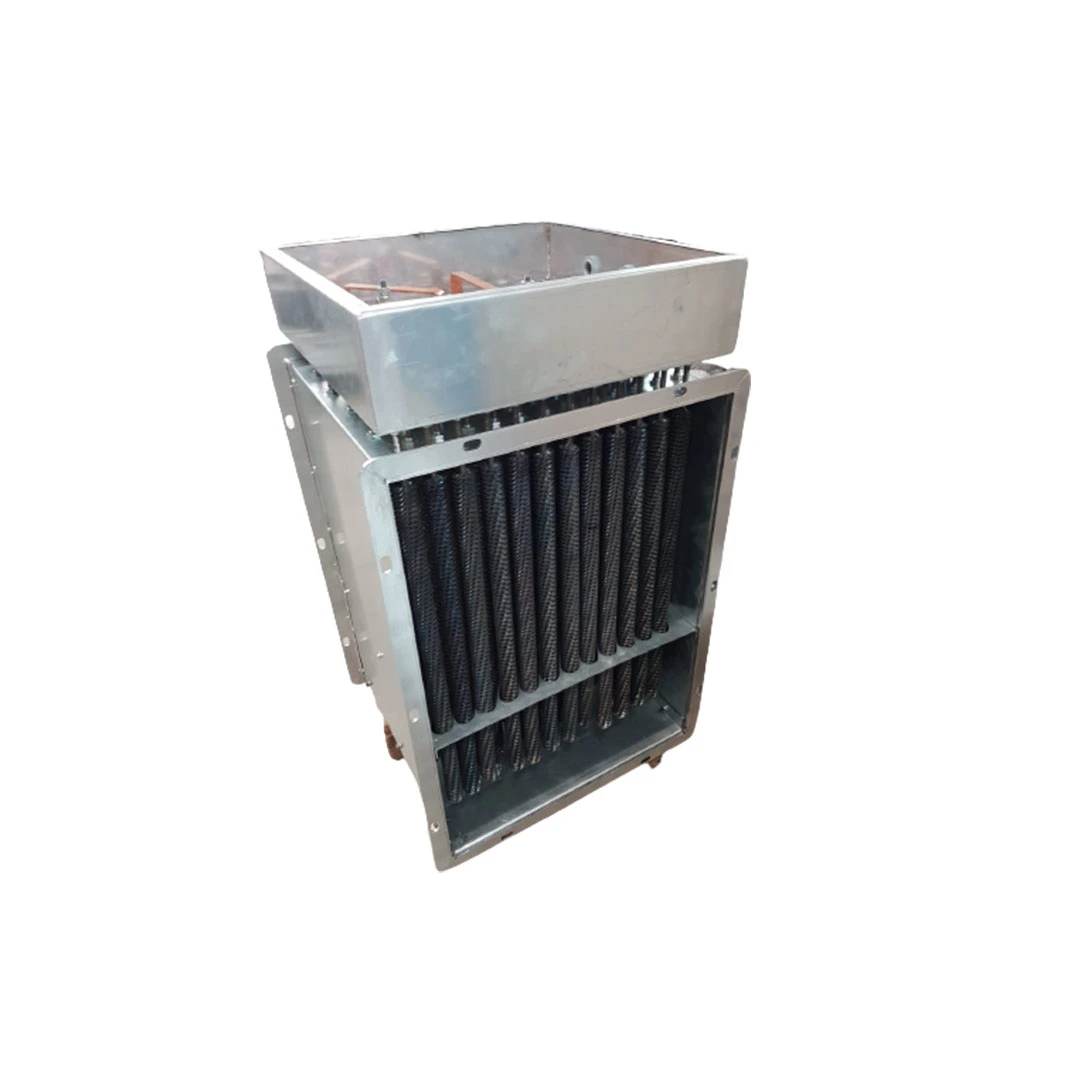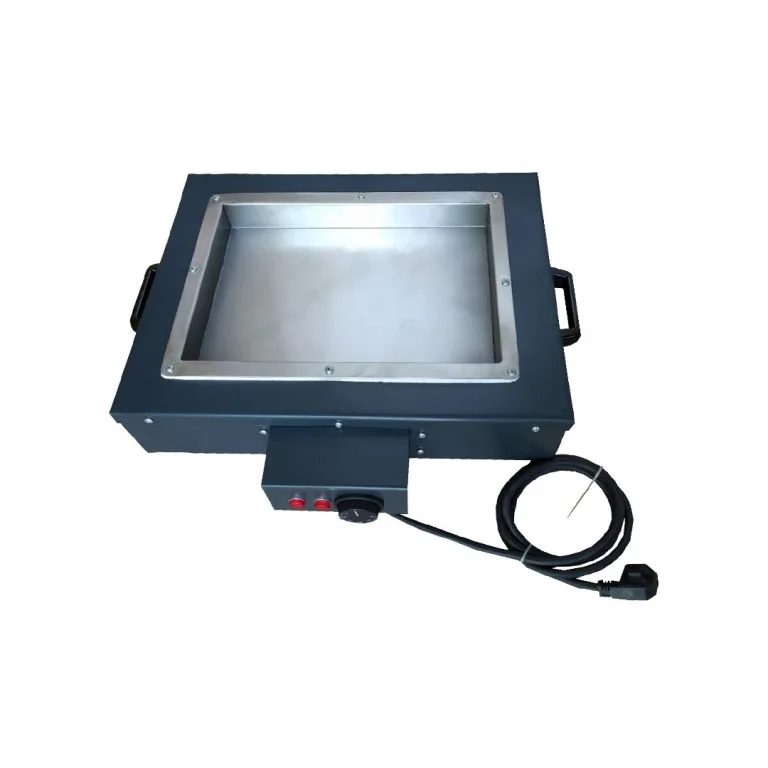Why Hotel Kitchen Equipment Heater is Used?
Heaters in Cooking and Heating: Heaters, ovens, stoves, and other kitchen equipment are used to cook food or keep it warm by generating heat through the resistance of electric current.
Quick Response: Electric heaters can heat up and cool down rapidly. This feature enables kitchen operations to be carried out quickly and effectively.
Temperature Control: Heaters can be used to provide temperature control. This ensures that foods are cooked or kept warm at a specific temperature.
Energy Efficiency: Properly designed and used heaters can increase energy efficiency. This allows kitchen equipment to produce more heat using less energy.
Durability: Electric heaters are generally durable and can have a long lifespan. This contributes to the smooth operation of kitchen equipment over an extended period.
Controllability: Heaters can be controlled precisely. This feature helps chefs or cooks better manage the cooking process and achieve the desired results.
Various Applications: Heaters can be used in a variety of different kitchen equipment. Examples of such equipment include ovens, stoves, grills, steamers, fryers, and similar appliances.
Ease of Cleaning and Maintenance: Kitchen equipment with heaters is often easy to clean and maintain, thereby increasing compliance with hygiene standards.
In hotel kitchens, heaters play a significant role in meeting a wide range of cooking and heating needs. When used efficiently and accurately, these heaters can enhance the effectiveness of kitchen operations and contribute to the preparation of delicious meals.
Our Products
Your Solution Partner for All Your Resistance Needs
Technical Specifications of Heaters Used in Hotel Kitchen Equipment
Nominal Voltage (Volt): For example, a heater capable of operating at a nominal voltage of 220 volts specifies the electrical voltage required for a particular application.
Resistance Value (Ohm): For example, a heater with a resistance value of 10 ohms indicates its resistance to electrical current at a specific temperature.
Material: For example, a heater using a nickel-chromium alloy indicates that it is made from a material resistant to high temperatures and high resistance.
Temperature Range: For example, a heater capable of operating between -20°C and 300°C indicates the suitable temperature range for a specific application.
Dimensions and Design: For example, a heater measuring 20 cm in length and 2 cm in width may be designed to fit a specific kitchen equipment.
Protection Class and Standards: For example, a heater with an IP65 protection class indicates its level of protection against water and dust.
Cable Connections: For example, a heater with a 3-pin connector indicates a specific connector type for integration into kitchen equipment.
Corrosion Resistance: For example, a heater made of stainless steel is resistant to corrosion and durable.
These examples can be used to more clearly express the technical specifications of heaters used in the hotel kitchen equipment sector. However, it’s important to remember that each application will have its own specific requirements.
Technical Specifications of Heaters Used in Hotel Kitchen Equipment
Nominal Power (Watt): The nominal power of the heater indicates its ability to operate at a specific temperature under a certain electrical current. This characteristic is important for assessing whether the heater is suitable for a specific application.
Nominal Voltage (Volt): The nominal voltage of the heater specifies the electrical voltage required for safe and effective operation for a particular application.
Resistance Value (Ohm): The resistance value of the heater expresses its resistance to electrical current at a specific temperature. This value is important for determining the suitability of the heater for application requirements.
Temperature Coefficient: The temperature coefficient of the heater indicates how sensitive the resistance value is to temperature changes. It is particularly important in applications requiring temperature control.
Insulation Material: The insulation material on the heater affects its resistance to environmental conditions, chemicals, and other external factors. Different insulation materials may be preferred for different applications.
Dimensions and Design: The dimensions and design of the heater are determined to accommodate the type, size, and application requirements of the boiler to be used. It is important for ease of installation and mechanical durability.
Protection Class and Standards: Heaters should generally conform to specific protection classes (IP ratings) and industry standards. This indicates their durability against various environmental conditions.
Cable Connections: It is important for the heater to have appropriate cable connections to ensure integration with the boiler system.
Corrosion Resistance: Heaters used in boiler systems should be resistant to corrosion to ensure long-term, reliable performance.
The proper selection of heaters used in boiler manufacturing ensures efficient and reliable operation of the boiler. Therefore, it is important to select heaters with appropriate technical specifications considering specific application requirements.
Technical Details to be Considered in Hotel Kitchen Equipment Resistances
For the correct and safe operation of heaters used in hotel kitchen equipment, attention to several technical details is important. Here are some important points regarding the installation and use of heaters:
Proper Heater Selection: Each device may have different electrical requirements, so it’s important for the chosen heater to be compatible with the device’s power needs. Factors such as voltage, current, power, and heater type should be considered.
Mounting Location and Orientation: Selecting the correct mounting location and orientation for the heater is crucial. Improper positioning or incorrect installation of the heater can adversely affect the performance of the device.
Insulation and Protection: Insulation and protection around the heater are important for user safety. Exposed parts of the heater should be properly insulated and protected.
Regular Maintenance and Cleaning: Heaters need to be regularly cleaned and maintained. Dirty or rusty heaters can both reduce device performance and pose health risks.
Overheating Protection: Some heaters have built-in protection features to prevent overheating. Ensure that these features are functioning correctly and engage when necessary.
Electrical Connections: Proper and safe electrical connections for the heater are vital. Appropriate cable sizes and connection points should be used.
Authorized Service and Repair: When any issues arise with the heaters, it’s recommended to have them repaired or replaced by an authorized service provider. Attempting self-repair or replacement can jeopardize device and user safety.
By paying attention to these technical details, heaters used in hotel kitchen equipment can operate safely and efficiently.
Bain Marie Heaters Used in Hotel Kitchen Equipment Sector
Durability: Bain-Marie heaters are typically made from stainless steel or similar materials and exhibit long-term durability.
Heat Distribution: Bain-Marie heaters are designed to provide even and controllable heat distribution. This ensures that foods are heated uniformly.
Thermostat Control: Many Bain-Marie equipment have thermostat control to maintain the desired temperature. This feature prevents foods from overheating and maintains the desired temperature level.
Safety Features: Some Bain-Marie heaters have safety features to prevent overheating. This enhances the safety and usability of the equipment.
Ease of Cleaning: Bain-Marie heaters feature designs that facilitate cleaning processes. Removable parts or easily accessible surfaces make cleaning and maintenance tasks more practical.
Compatibility: Bain-Marie heaters are often diversified to accommodate different sizes of Bain-Marie equipment. This provides solutions tailored to various kitchen needs.
Bain-Marie heaters are used in various cooking processes in hotel kitchens. They are particularly preferred in areas requiring temperature-sensitive cooking processes such as chocolate melting, sauce heating, etc. Therefore, Bain-Marie heaters hold a significant place in the hotel kitchen equipment sector.








